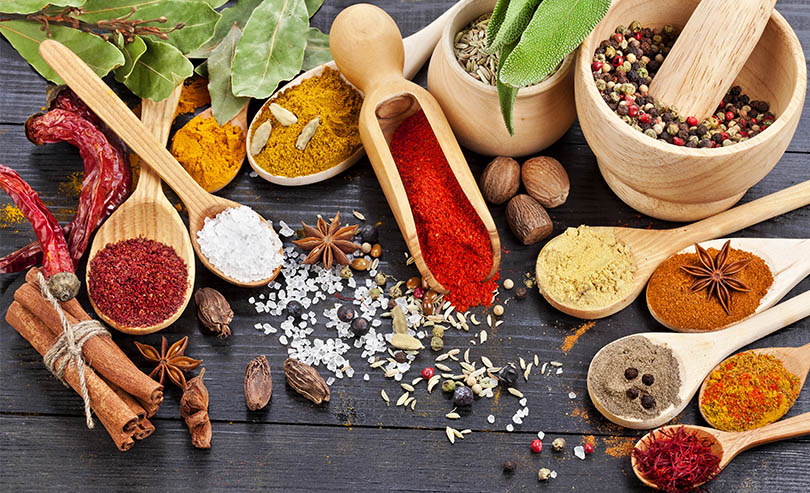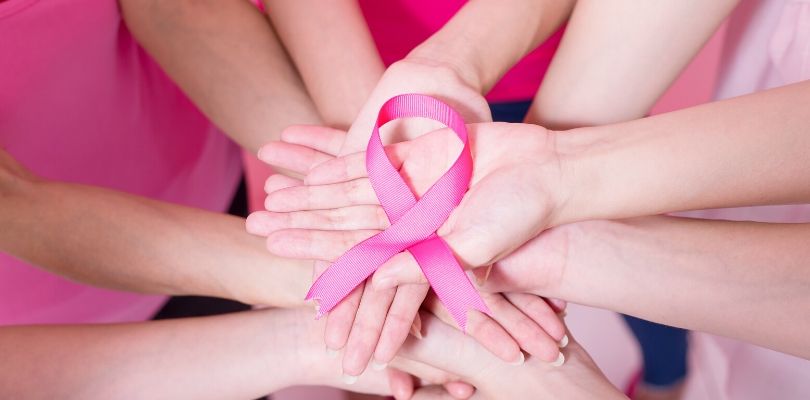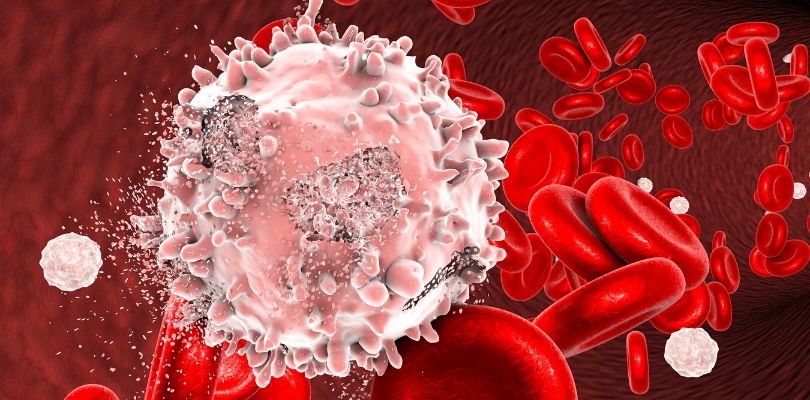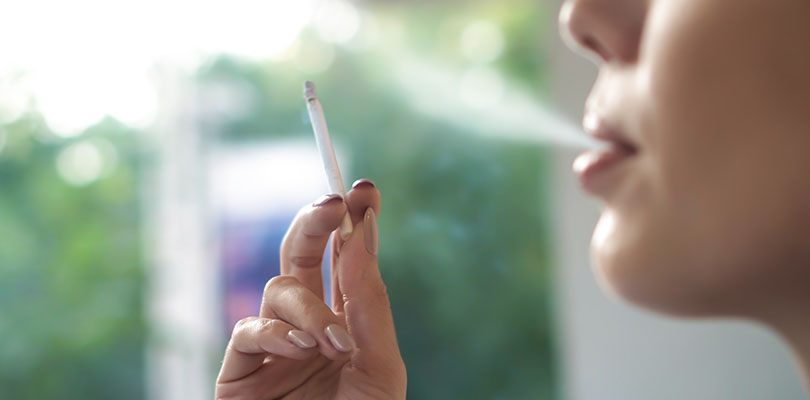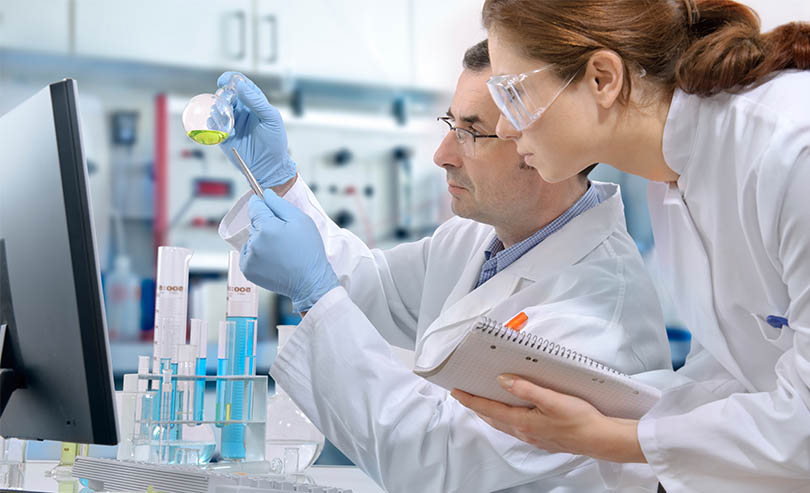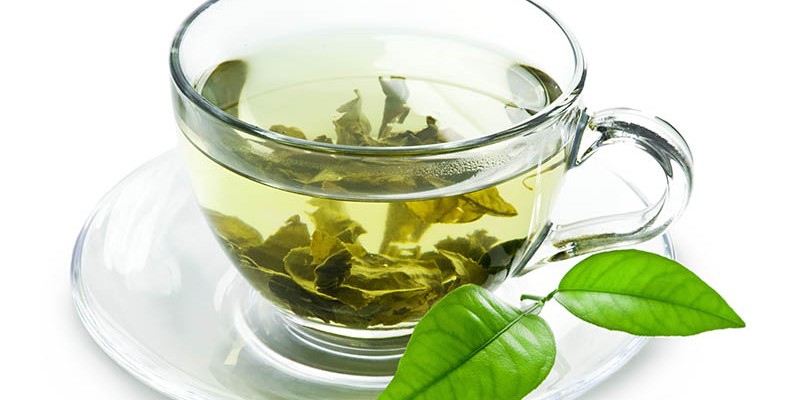
Photo Credit: NataliTerr / Shutterstock.com
4. Camellia Sinensis/Green Tea
Many studies indicate that green tea is effective for preventing the occurrence and recurrence of breast cancer. A 2014 study showed that green tea is effective even for women who suffer from difficult to treat hormone receptive-negative cancers of the breast.
An extract of green tea prevents metastasis and promotes weight loss, which is important because obesity is a risk factor for breast cancer.
Epigallocatechin-3-gallate (EGCG) is a compound in green tea that may help the body to respond better to chemotherapy. It interferes with certain chemotherapy drugs, but people who are undergoing other kinds of chemotherapy may benefit by adding green tea to their treatment plans.
Because EGCG in green tea makes cells more sensitive to chemotherapy, it’s possible taking green tea could mean a lower dose of chemotherapy is required. Lowered doses of chemotherapy are desirable as chemotherapeutic agents are potent drugs that produce significant, sometimes life threatening, side effects.
Green tea may also improve the effectiveness of radiation treatments. Topical application of green tea may help to reduce itchiness, burning and discomfort of the skin caused by radiation treatments.
Resources
National Institutes of Health (Green tea polyphenol epigallocatechin-3-gallate (EGCG) as adjuvant in cancer therapy.)National Institutes of Health (Effects of a green tea extract, Polyphenon E, on systemic biomarkers of growth factor signalling in women with hormone receptor-negative breast cancer)Although this time of year is meant to be a joyful celebration, you're battling cancer while trying to enjoy the holidays and spend time with loved ones.
